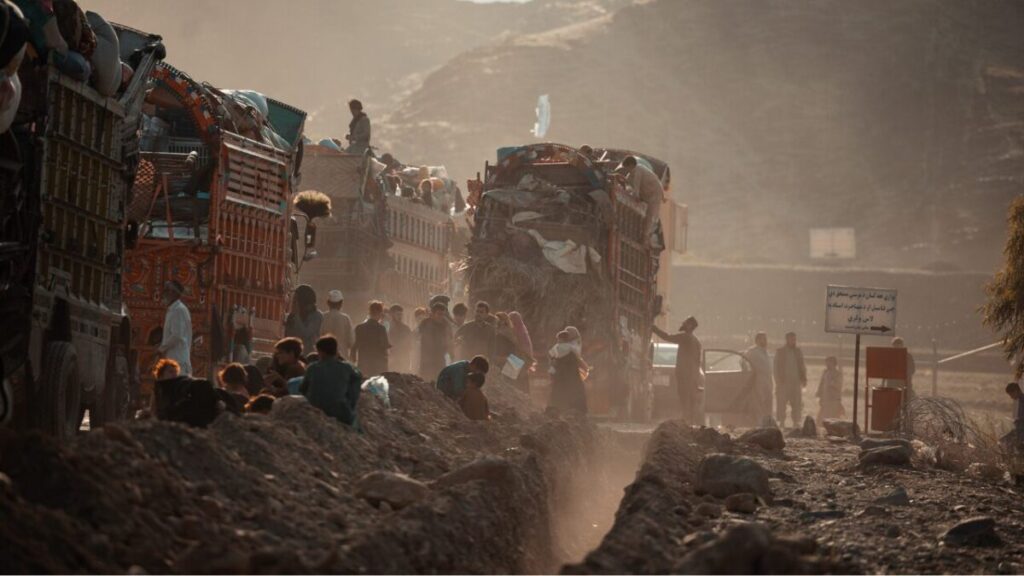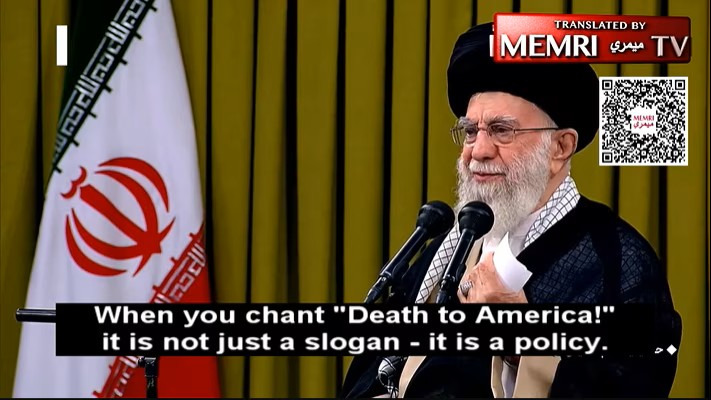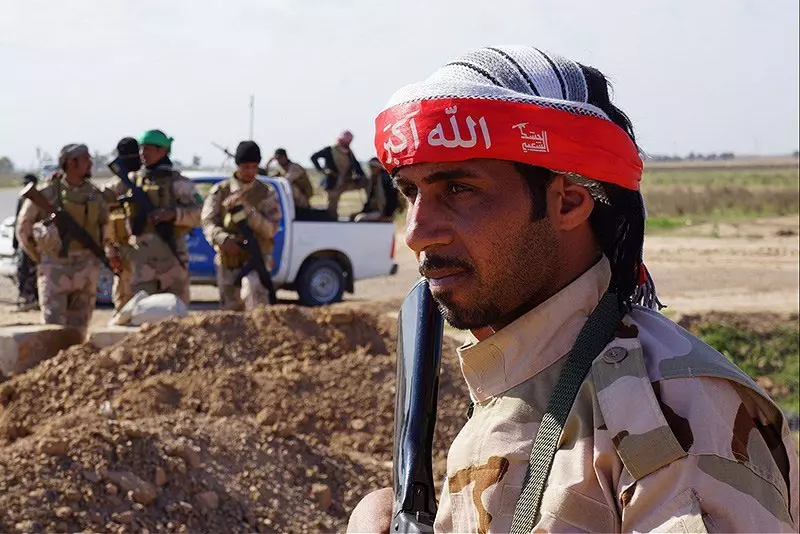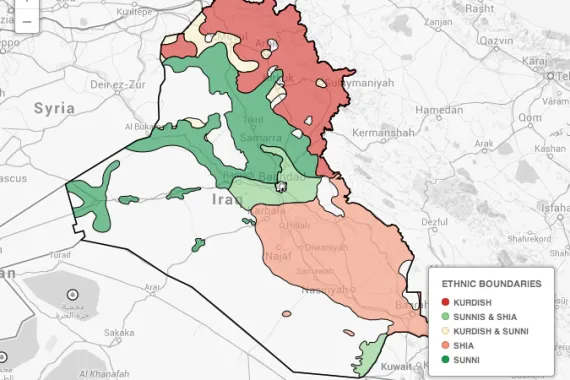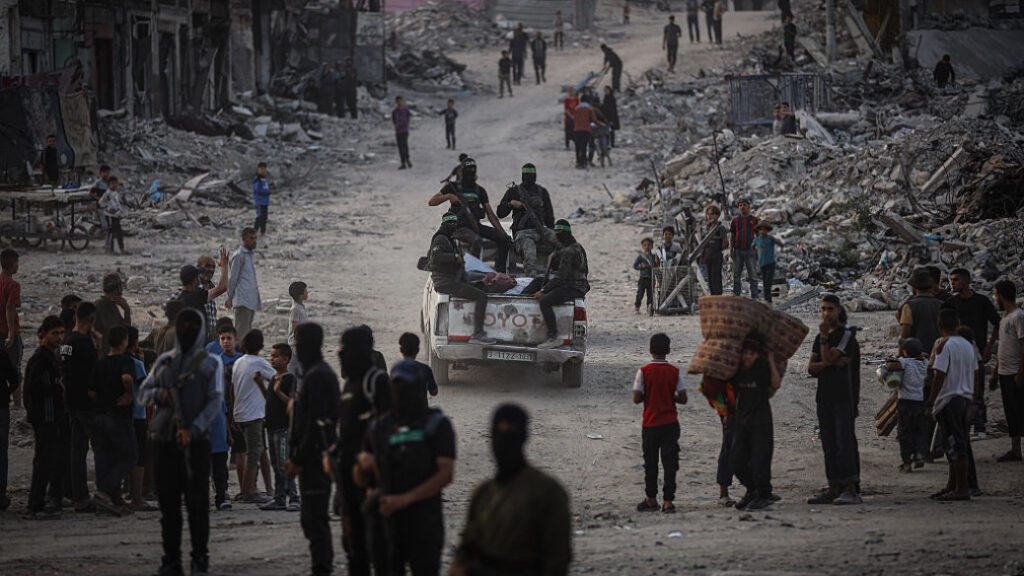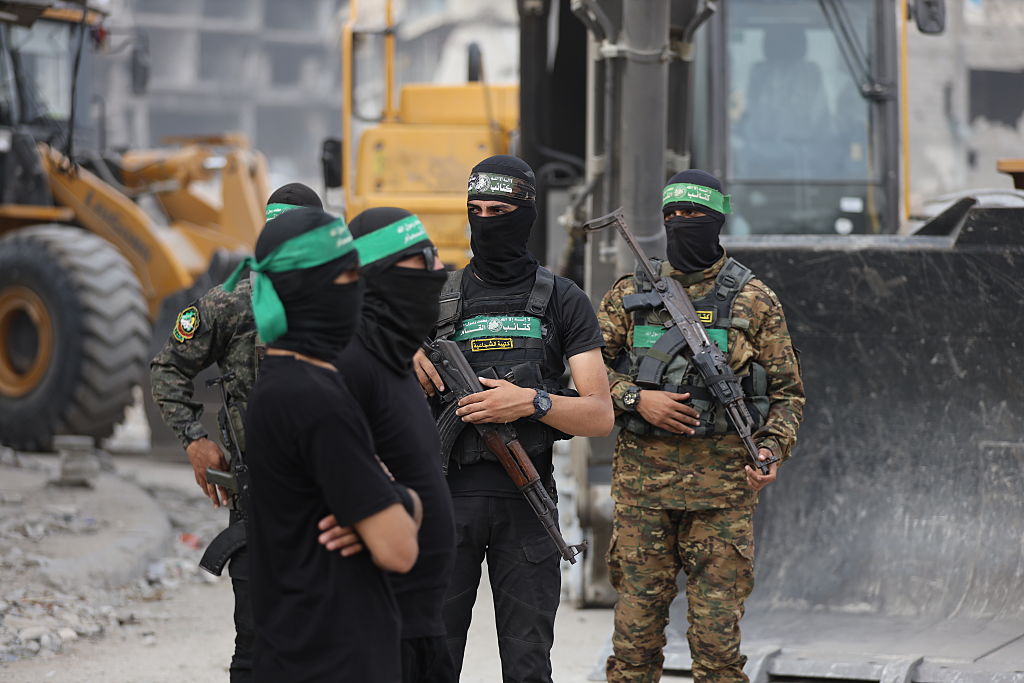Iraq’s Election: Outcomes and Next Steps
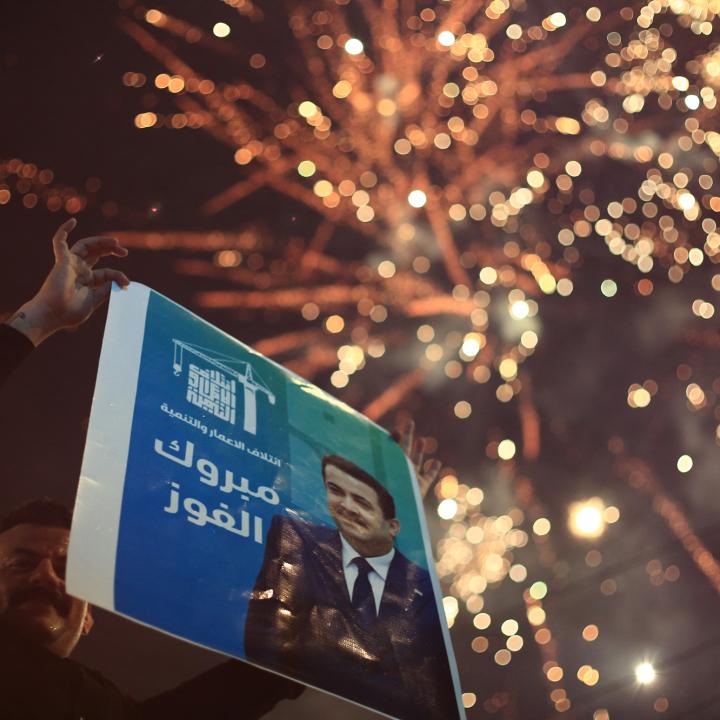
Sudani did very well at the ballot box, but the peculiarities of Iraq’s long government formation process and the final distribution of parliamentary seats may leave the main Iran-backed coalition in the driver’s seat.
At first blush, the results of Iraq’s November 11 parliamentary election were encouraging, including for U.S. relations. Despite a boycott by Muqtada al-Sadr’s influential movement, participation rose to 55%, up 12 points from 2021’s low of 43%. Still, the faction that came in first—the Reconstruction and Development Coalition led by incumbent Prime Minister Mohammed Shia al-Sudani—received only 15% of the seats in parliament (46 out of 329). As such, Iraq will likely experience a long, tedious period of political wrangling before a new government is seated, similar to previous post-election delays (eight months in 2010, eleven months in 2021–22).

